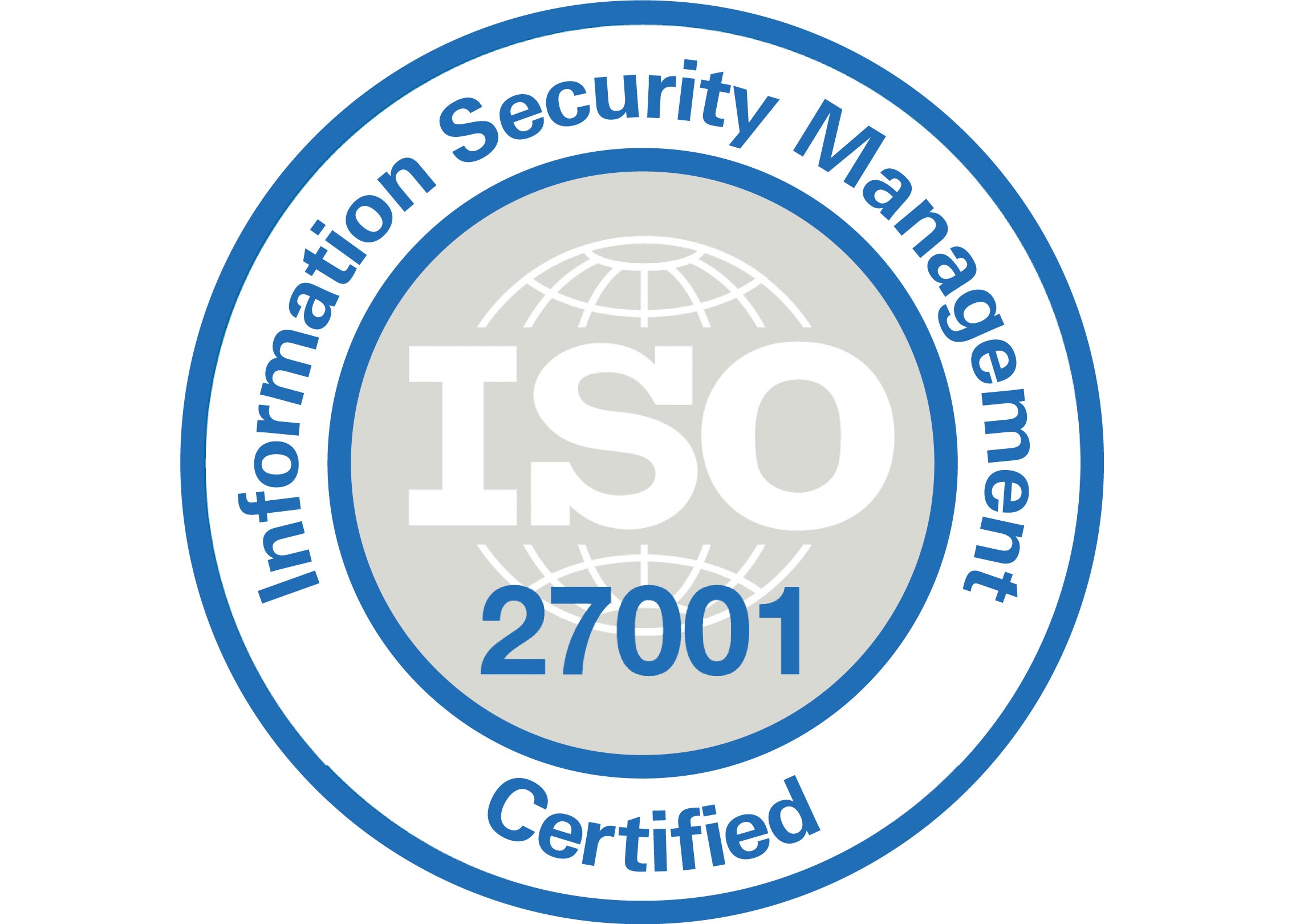As climate change and environmental degradation continue to become more pronounced and dominant concerns, event management companies worldwide continue to strive to make their events more sustainable and eco-friendly. However, many companies are still dominated by the myth that more sustainability entails less cost-effectiveness. While this certainly is a predominant view, most event management companies today will tell you otherwise.
With virtual event services now becoming the new normal, there are many interesting ways to make your event more sustainable without compromising cost-effectiveness. Online event platforms are certainly one way of going about this; however, this is not the only element of a sustainable event.
This article will outline 6 elements of a sustainable event that you can incorporate into your corporate event management to make your events more green and eco-friendly without compromising cost-effectiveness. So let's get right into it!
1. Choose a Venue with 'Green' Credentials
As you may already know, when you host an event at a particular venue, you will be using the resources of that venue to cater to your event. This includes their water, their energy, and even their catering. For this reason, the venue you choose has a big role to play in how sustainable and eco-friendly your event is.
If you can source a company or a venue with sustainability credentials, also known as green credentials, this will make your life much easier. Here's what you should look for in a venue with green credentials: effective onsite waste management, low energy lightbulbs, and a staff trained in sustainability practices.
2. Include Event Sustainability Requirements in Your Contracts
There are multiple ways to make your corporate events more sustainable effectively. However, you can only achieve this if your suppliers and sponsors are on the same page. Therefore, one important element of a more sustainable event is to include the sustainability requirements right in your supplier contracts and sponsorship proposals.
Once your affiliates are on the same page as you, you can work together to incorporate more green practices into your event. This can include better waste management, water management, and other things. The point is that you will have a much easier time implementing these eco-friendly practices if you have negotiated them with your suppliers and sponsors as early as possible.
3. Ditch All Single-Use Plastics
You may or may not be surprised to know that only 10-13% of all single-use plastics used worldwide are recycled. If you have been up to date on plastics' detrimental effects on our environment, marine habitats, and ecosystems, you will already know that this is far less than ideal.
One essential element of a more sustainable event is to ditch single-use plastics completely. That means no plastics straws, plastic cutlery, plastic utensils, or plastic water bottles. Moreover, it also means you will have to say goodbye to any single-use plastic décor.
The United States and European Union are already banning the production and sale of many types of single-use plastics. Therefore, not only will your commitment to avoiding single-use plastics impress attendees and sponsors, it might just start a trend where single-use plastics at conferences and events start becoming socially unacceptable.
4. Swap Printed Material for Digital
Most corporate events include many advertising banners that, surprise, are not easily recyclable. However, you can make your events more sustainable by ditching printed materials and swapping them for digital. This can include using digital signs, mobile apps, and LED screens that reduce the need for banners, papers, and printing.
Moreover, this can give you the chance to develop more innovative ways to present and advertise at your event. Technology such as 3D mapping and projection can be used with clever lighting to create innovative and more immersive ways of advertising and presenting information at your events.
5. Reduce Food Waste
We all know how much of a humanitarian concern food waste is. However, you won't be surprised to learn that food waste is also a huge environmental concern. One of the most essential elements of a sustainable event is managing and effectively reducing food waste.
One way of reducing food waste at your next corporate event is to ask for delegates' dietary requirements in advance and cater to these needs. Try your best not to fall victim to the fear of running out, as people do not want to overeat at corporate events, especially if they are being held during the day.
Moreover, you could use the money you save on reducing portion sizes to sourcing good-quality seasonal vegetables. By cutting down on meat, you can set a new standard for what a sustainable event looks like and will potentially impress many sponsors and delegates.
6. Develop a Comprehensive Waste Management Plan
The majority of waste produced at a conference or event goes into a landfill, which is unsurprising given that's where most of our society's waste ends up. To integrate more sustainable practices into your event, you should negotiate and develop a comprehensive waste management plan with your venue and suppliers well in advance.
Work with the venue to develop a thorough recycling and composting program so that you can waste as few resources as possible. Moreover, if you need to support the venue with resources for composting and recycling, you can use this as a great opportunity for sponsorship.
Conclusion
No matter your line of work or the nature of your corporate event, sustainability is something that we all need to incorporate into our daily practices. There are far too many avenues for unsustainable practices at a large event, but rather than seeing this as a cost, any event management company will tell you that this is an opportunity to attract sponsors who care about sustainability.
By incorporating the 6 practices outlined above into your event management, you can be sure that your event will have many, if not all, elements of a sustainable corporate event.
Sarah Hill is a content writer at Seven Events Ltd, a leading event company in Birmingham offering event planning and venue finding services. She started her career in the events industry almost a decade ago as time progressed she became an avid event blogger sharing her insight on corporate event planning.
Learn more about how digital event technology can help on the journey towards net zero, or book a Glisser platform walkthrough to learn more about our award winning meetings and events platform.






